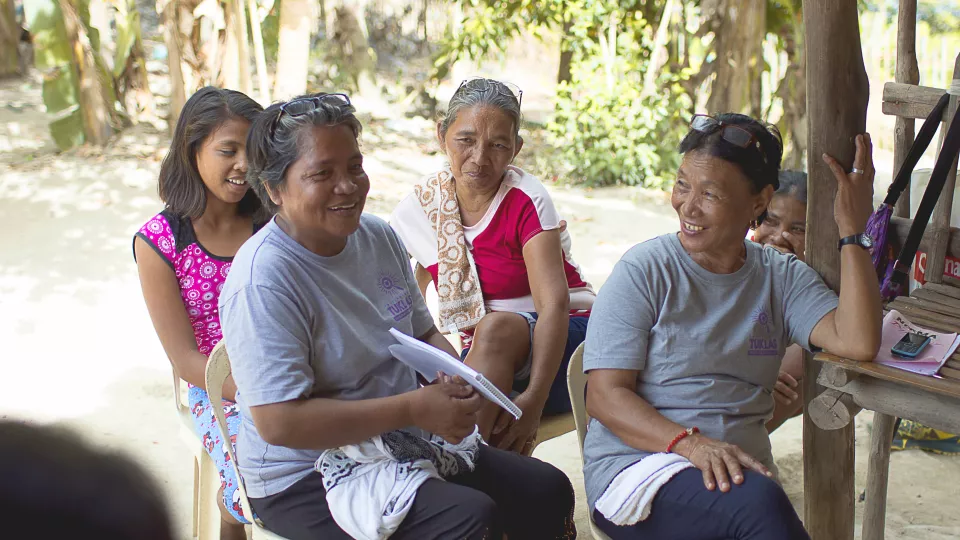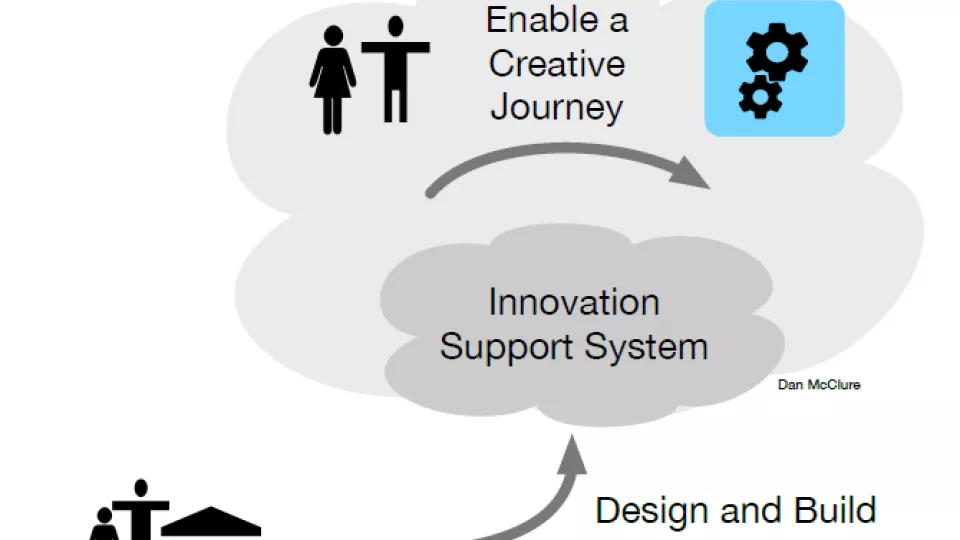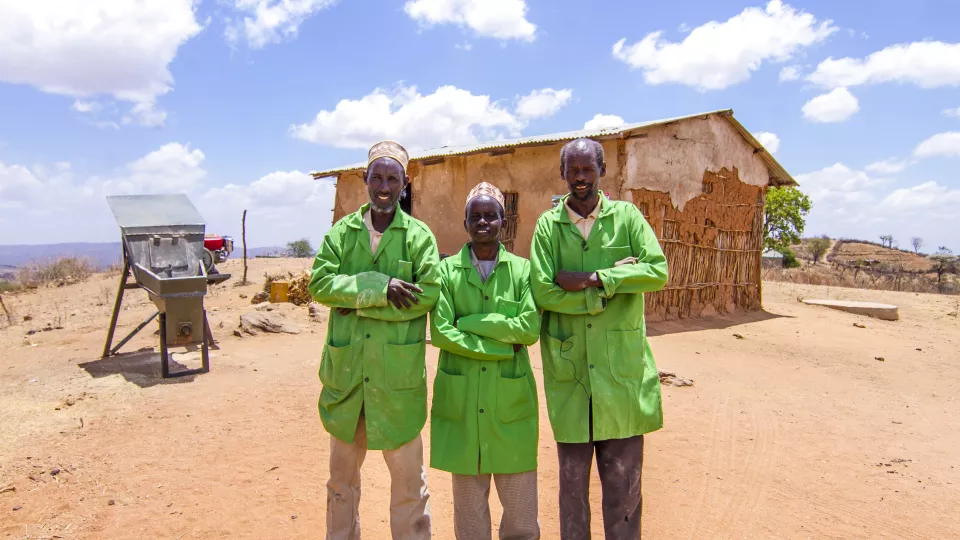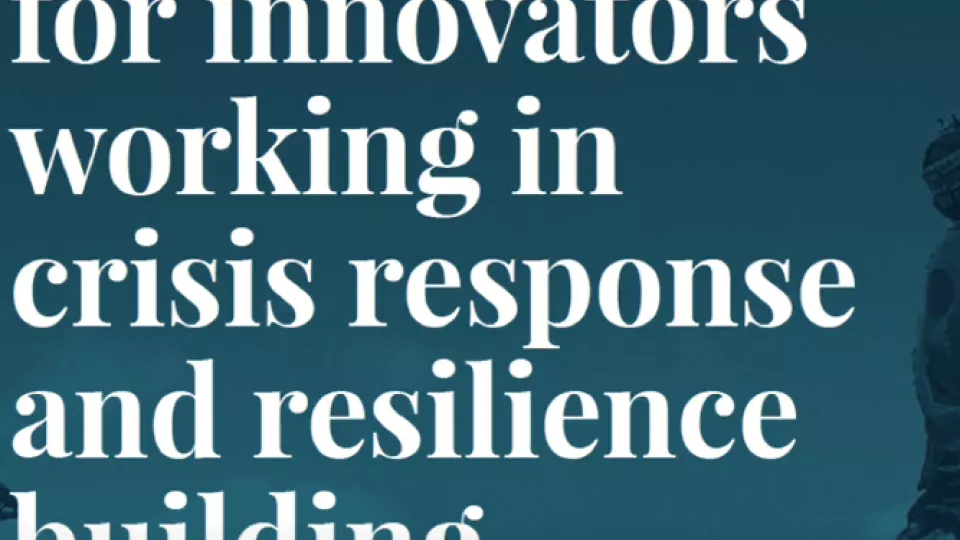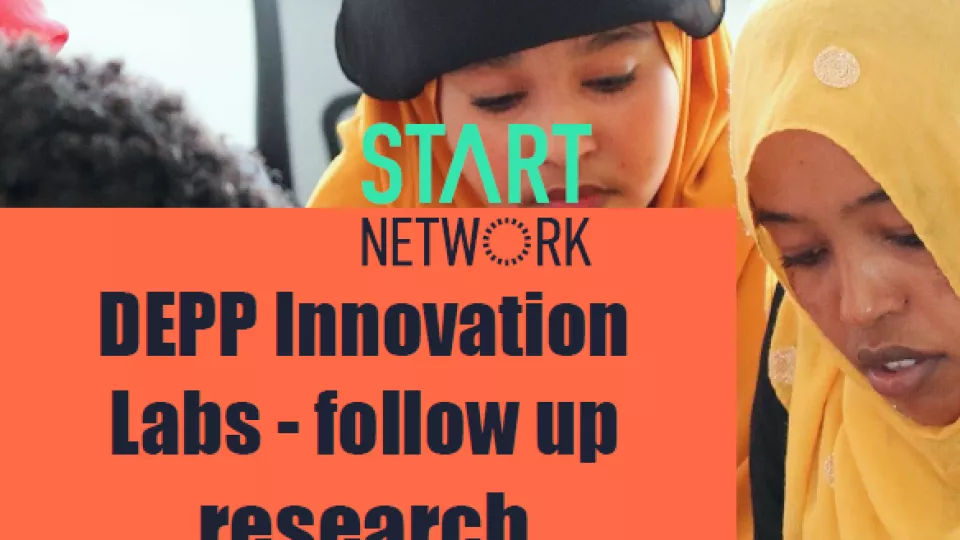
DEPP Innovation Labs follow-up research
The DEPP Innovation Labs programme was a two and a half year initiative from 2016-2019 that supported the creation of four community-centred innovation labs in disaster-affected countries (Bangladesh, Jordan, Kenya and the Philippines) to strengthen disaster preparedness and response. The programme was managed by Start Network and the Communicating with Disaster Affected Communities (CDAC) Network. The labs offered skills training, business mentoring, financial support, and the necessary infrastructure to turn local ideas into viable, scalable solutions. All the innovation labs followed a human-centred design process to create local-level solutions that work for and with vulnerable people. Overall, the DEPP Labs supported close to 100 innovations covering a broad range of areas such as early warning communication systems, disaster awareness education tools, protective flood barriers, agricultural tech applications to counter the effects of drought and transport and accommodation solutions for refugees.

